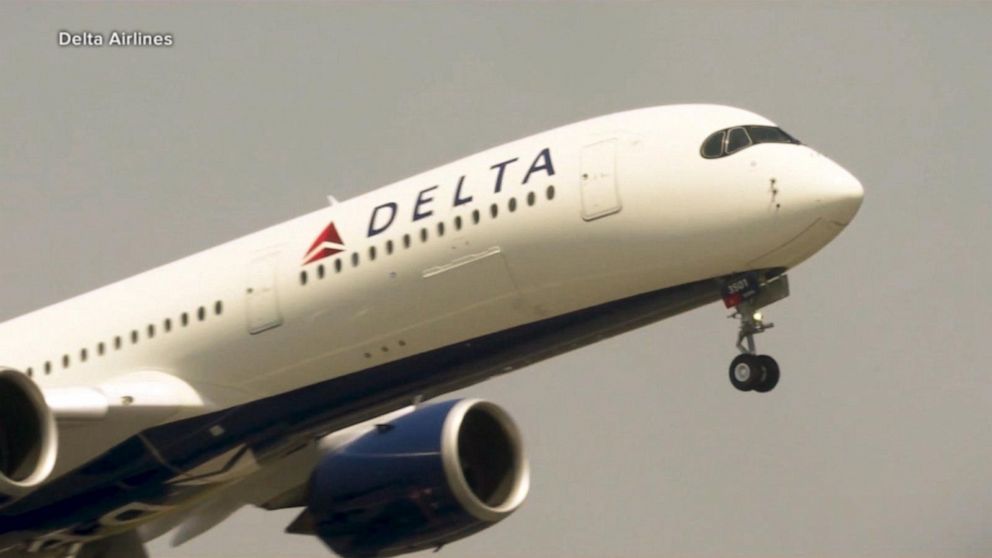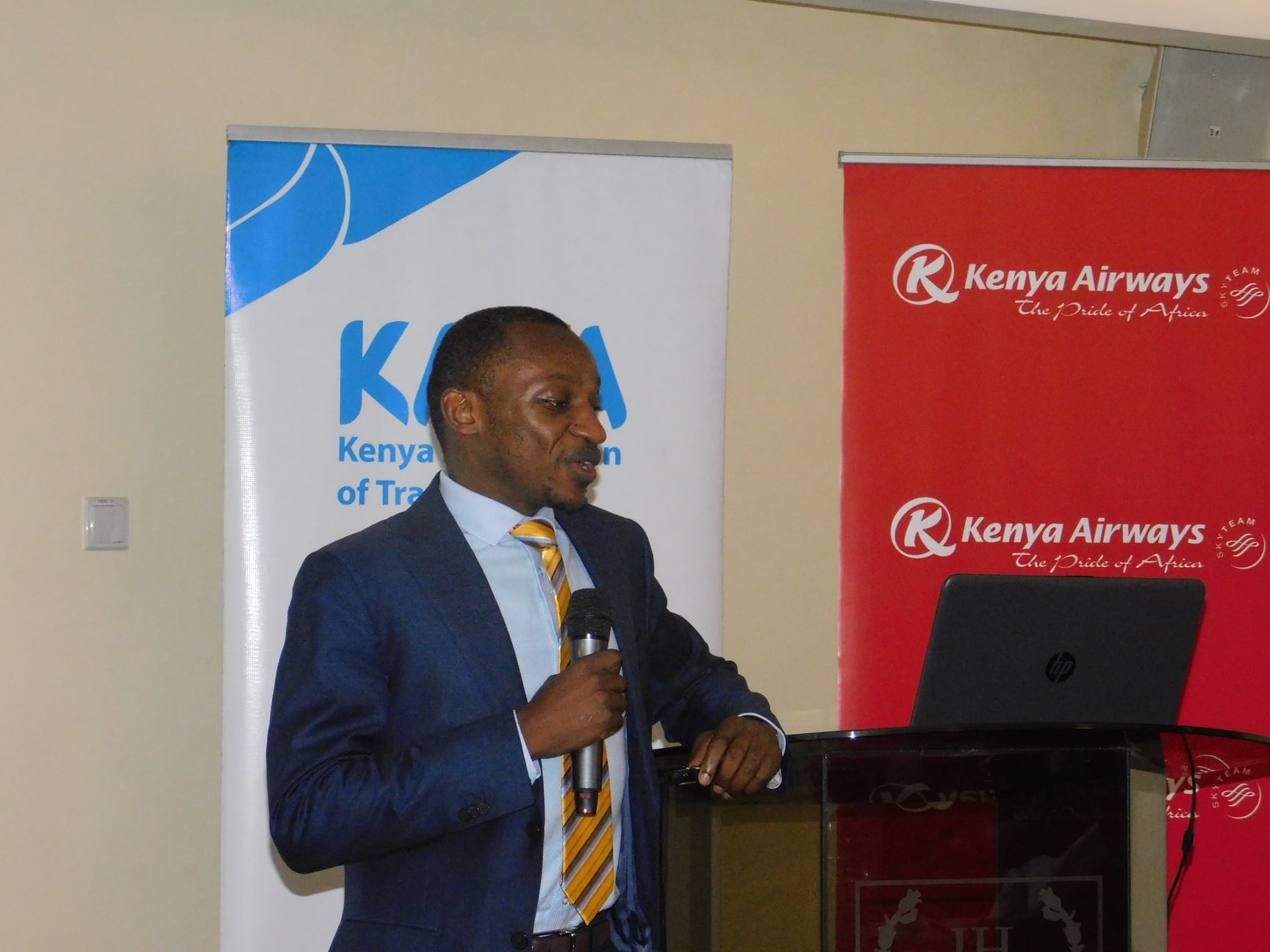Delta Air Lines and Kenya Airways have inked a codeshare agreement that will enable both airlines to serve an extensive network while offering travel to a total of 39 cities across Africa, the U.S. and Canada.
With the new enhanced agreement, Delta customers flying nonstop on the airline’s services from New York’s John F. Kennedy International Airport to Accra, Ghana, will be able to connect with Delta-marketed codeshare flights to Monrovia, Liberia and Freetown, Sierra Leone flights served by Kenya Airways. Delta-marketed codeshare flights will also be available on Kenya Airways’ services from Nairobi to Cape Town, South Africa; Harare, Zimbabwe and Kigali, Rwanda.
On the other hand, Kenya Airways has placed its code on Delta’s services to Washington’s Ronald Reagan National Airport, offering customers increased access to the U.S. capital, as well as on flights to to Indianapolis, Indiana.
“Delta is the leading U.S. airline in Africa. Strengthening our partnership with Kenya Airways responds to customer demand for more travel choice between the continent and North America,” said Alain Bellemare, Delta’s E.V.P and President International. “These codeshare services will offer customers greater access to destinations in South, West and East Africa, rounding out Delta’s existing network of nonstop services to Accra, Dakar, Johannesburg and Lagos.”
Julius Thairu, Kenya Airways Chief Customer and Commercial Officer, added, “Kenya Airways and Delta Air Lines’ partnership remains central to our plans of offering the fastest connections to the Americas from our Nairobi hub and is in-line with our brand promise of enabling the sustainable development of Africa by providing access to different markets. In addition to Washington’s Ronald Reagan National Airport and Indianapolis, Indiana, other destinations we have within the codeshare are New York: Chicago O’Hare – Illinois, Denver – Colorado, Orlando – Florida, Miami – Florida, Raleigh Durham – North Carolina, Phoenix – Arizona, Charlotte – North Carolina.”
Delta will also make its return to South Africa with nonstop service between Atlanta and Johannesburg beginning August 1.
The airline will deploy its Airbus A350-900, marking the debut of one of Delta’s newest aircraft in its fleet between the U.S. and South Africa. The aircraft features the award-winning Delta One Suites and Delta Premium Select cabins, large seat-back entertainment screens and high-capacity overhead bins, among other enhancements.
With Delta’s partners operating across the continent, customers can make one-stop connections to 42 additional markets in 32 countries.
The airline currently operates nearly 20 weekly flights to its African markets, including daily service between Atlanta and Lagos as well as between JFK and Accra, and five-times-a-week service between JFK and Dakar. On July 8, Delta will resume four-times-weekly service to Lagos from JFK as well, with the airline restoring all its Pre-COVID African markets.
Source: Airline Geeks



